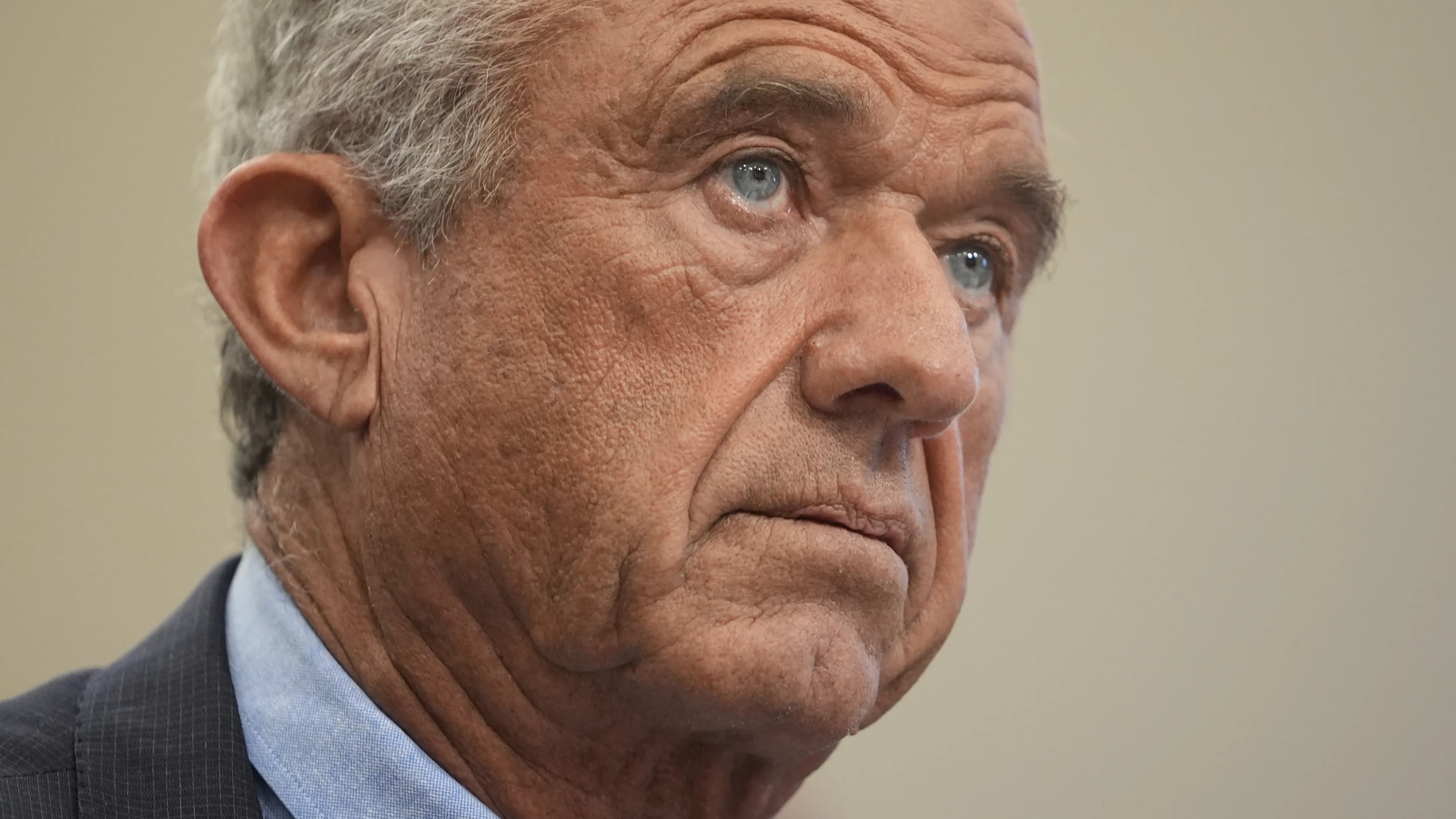In a shocking admission, Secretary of Health and Human Services Robert F. Kennedy Jr. acknowledged that removing fluoride from public water systems and toothpaste would likely lead to increased dental cavities among children, particularly those in low-income households. This stark revelation came during an interview on Fox News’ The Faulkner Focus, where Kennedy conceded that children without access to fluoride would "probably" just have to deal with untreated cavities. This raises urgent questions about the priorities of health policy in America and who truly bears the consequences.
Fluoride is a Proven Preventative Measure
According to a comprehensive history of public health use of fluorides, fluoride is a naturally occurring mineral that has been shown to prevent tooth decay effectively. The evidence supporting its efficacy spans decades, beginning with significant discoveries in the 1930s that demonstrated the link between fluoridated water and reduced cavities. Communities that adopted water fluoridation saw reductions in tooth decay by as much as 25%, a statistic that highlights the public health benefits of fluoride as a preventative measure as reported by PubMed Central.
Consequences of Removing Fluoride
The implications of removing fluoride are profound. A microsimulation study found that eliminating fluoride from public water systems would lead to a significant rise in dental caries, increasing dental care costs for families and the healthcare system at large according to research findings. For families already struggling financially, the added burden of dental issues could be catastrophic, leading to pain, loss of productivity, and further healthcare complications.

In first news conference as HHS secretary, Kennedy says autism is an ...
Impact on Children from Low-Income Families
During the Fox News interview, Kennedy’s response to the question about low-income children lacking access to fluoride was alarming. “They will probably just have to deal with it,” he said, illustrating a disregard for the health of vulnerable populations. According to the CDC, children from low-income families often experience higher rates of dental disease, and without preventive measures like fluoride, these disparities are likely to widen as highlighted by the CDC. We must ask ourselves—why are we allowing our health leaders to put profit over the well-being of our most vulnerable citizens?
Fluoride: A Democratic Right or a Corporate Agenda?
The debate over fluoride has become heavily politicized, often framed as a matter of personal choice versus public health. However, the evidence is clear: fluoride is a scientifically validated method for reducing tooth decay and promoting oral health. The reluctance to support community water fluoridation raises questions about the influence of corporate interests in public health policy. As more communities consider removing fluoride, we must question whether these decisions are based on sound science or on the influence of powerful lobbyists who stand to profit from the sale of alternative dental products.

Opinion | The debate over water fluoridation is far from settled - The ...
Demanding Health Equity
The removal of fluoride from water supplies is not merely a public health issue; it is also a matter of justice. Health disparities in oral health are stark, and any policy that exacerbates these inequalities should be met with resistance. Public health officials must prioritize access to preventive measures that protect all communities, particularly those that are economically disadvantaged. As advocates for health equity, we must call on our leaders to uphold the principles of justice, ensuring that every child has access to the dental care they need, regardless of their socioeconomic status.







![[Video] Gunfire between Iraqi security forces and Sadr militias in Baghdad](/_next/image?url=%2Fapi%2Fimage%2Fthumbnails%2Fthumbnail-1768343508874-4redb-thumbnail.jpg&w=3840&q=75)
